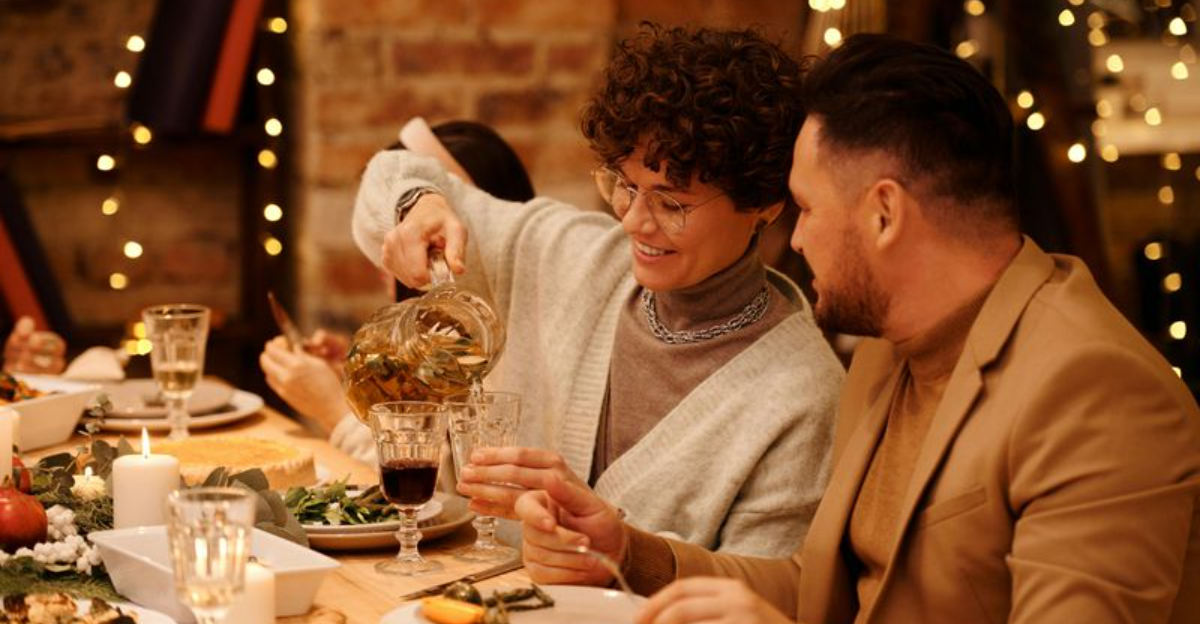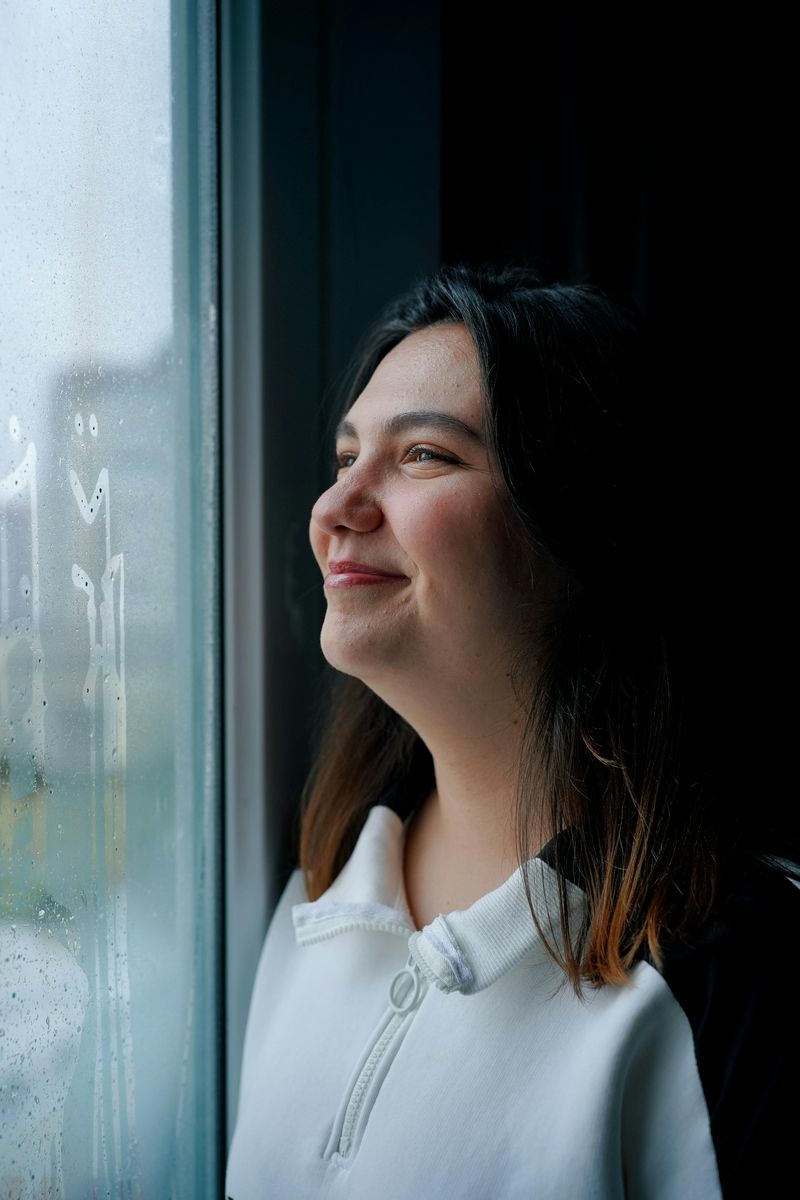Dating after 30 can feel like entering a whole new world compared to your twenties. The rules have changed, your priorities have shifted, and suddenly everyone seems to have a past that includes ex-spouses, kids, or serious career commitments. While this stage of life brings its own unique challenges, it also offers incredible opportunities for deeper connections and more authentic relationships that your younger self might never have imagined possible.
1. Your Past Becomes Part of the Package
Everyone you meet will have a history, and so will you. Past relationships, heartbreaks, and life experiences shape who people become. Instead of viewing this as baggage, successful daters learn to see it as wisdom.
Your date might have an ex-husband, children from a previous marriage, or a career they spent years building. These aren’t obstacles but rather chapters that made them who they are today. Being open about your own journey helps create honest connections.
The key is finding someone whose past complements yours rather than conflicts with it. Maturity means accepting that nobody arrives unmarked by life.
2. Kids Change Everything About Dating
Whether you have children or you’re dating someone who does, kids reshape the entire dating landscape. Spontaneous weekend getaways become complicated logistics involving custody schedules and babysitters. Late-night dates might be replaced by early dinners that end before bedtime routines begin.
If you’re the one without kids dating a parent, you’ll need patience and flexibility. Plans will get canceled when children get sick. You might not be introduced right away because parents protect their kids from revolving-door relationships.
On the flip side, watching how someone parents reveals their character in ways nothing else can.
3. The Dating Pool Shrinks Dramatically
Remember when it seemed like everyone around you was single and available? Those days are gone. By your 30s and 40s, many people are married, seriously committed, or simply not looking. The pool of eligible singles becomes noticeably smaller.
You might find yourself being pickier too, which further narrows your options. Geographic limitations matter more when you’re established in a career and community. Online dating becomes less of a choice and more of a necessity for many.
Quality starts mattering more than quantity, though. Fewer options can actually help you focus on meaningful connections.
4. Financial Stability Becomes a Real Factor
Money conversations happen much earlier than they did in your twenties. When you’re building a life together, financial compatibility matters. Does your date have massive student loans or credit card debt? Are they a spender while you’re a saver?
Career stability and financial planning become attractive qualities rather than boring topics to avoid. You’re not just dating for fun anymore; you’re potentially choosing a life partner. Retirement accounts, homeownership, and investment strategies might come up on dates.
Nobody expects perfection, but financial irresponsibility becomes a legitimate dealbreaker for many people at this age.
5. You Know What You Want (And Won’t Settle)
Did you know? Research shows people become significantly better at identifying compatible partners after age 30. Your younger self might have tolerated red flags or stayed in mediocre relationships hoping things would improve. Not anymore.
Life experience has taught you exactly what makes you happy and what drives you crazy. You recognize incompatibility faster and aren’t afraid to walk away. Some call it being picky; others call it knowing your worth.
This clarity is actually a gift. You waste less time on wrong matches and invest energy in people who genuinely fit your life.
6. Physical Attraction Evolves Into Something Deeper
Sure, chemistry still matters, but it’s no longer the only thing that matters. You start noticing how someone treats waiters, how they talk about their family, or how they handle stress. These details become incredibly attractive.
Emotional intelligence, kindness, and reliability start competing with six-pack abs and perfect hair. You appreciate partners who communicate well, show up consistently, and make you laugh. Physical attraction remains important but becomes part of a bigger picture.
The hottest quality someone can have? Being genuinely interested in who you are and treating you with respect.
7. Everyone Moves at Different Speeds
Some people are fresh out of long marriages and want to take things incredibly slow. Others have been single for years and are ready to commit quickly. Mismatched timelines cause more dating friction than almost anything else.
Communication about expectations becomes crucial early on. Are you both looking for something serious, or is one person just testing the waters? Does someone want marriage and more kids while the other feels done with that chapter?
Honest conversations about where you’re heading save everyone from heartbreak down the road. Respect different paces without compromising what you need.
8. Dating Reveals Who You’ve Become
With a heart open to growth, dating in your 30s and 40s becomes a mirror reflecting your own evolution. You notice patterns in who you attract and what situations keep repeating. Maybe you always date people who are emotionally unavailable, or perhaps you struggle with vulnerability.
This self-awareness is powerful. You can actually work on yourself between relationships instead of just jumping to the next person. Therapy, journaling, and honest conversations with friends help you understand your role in past failures.
The right relationship starts with becoming the right person yourself first.








